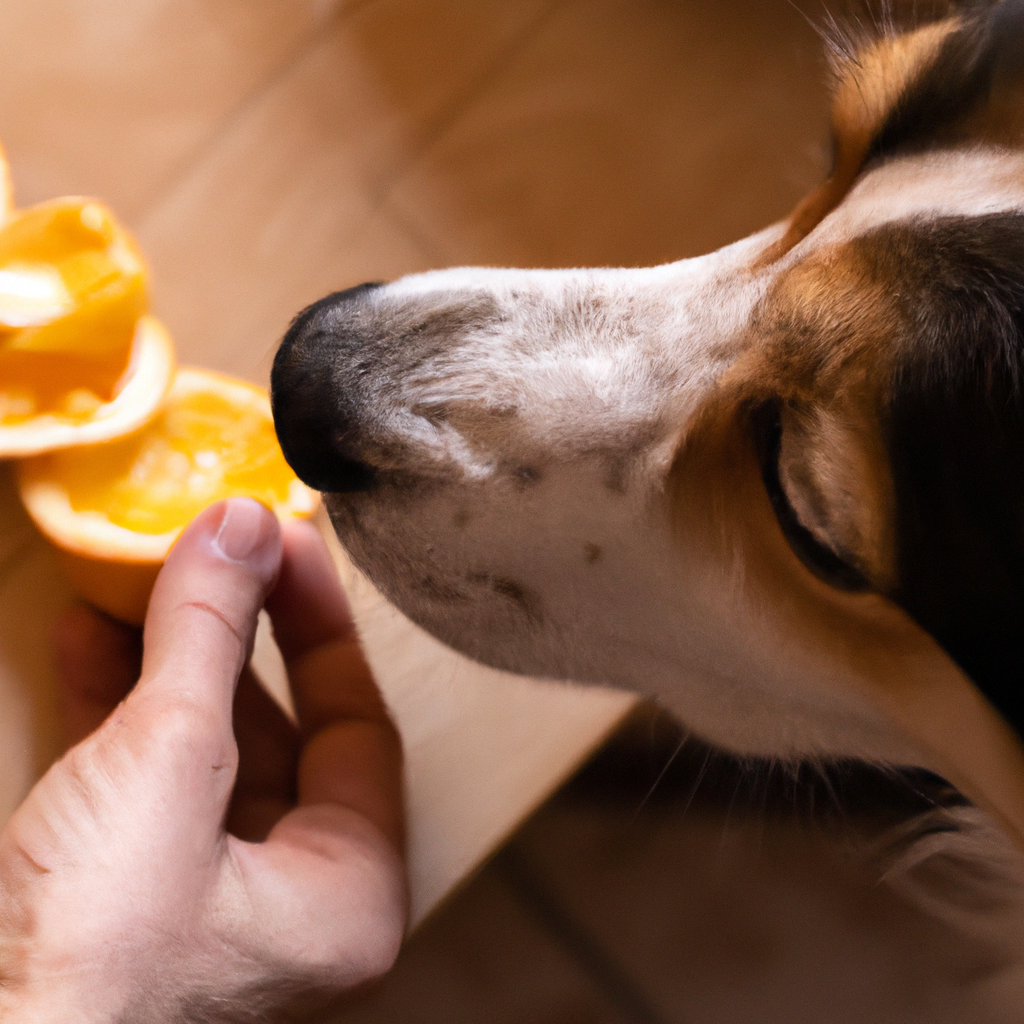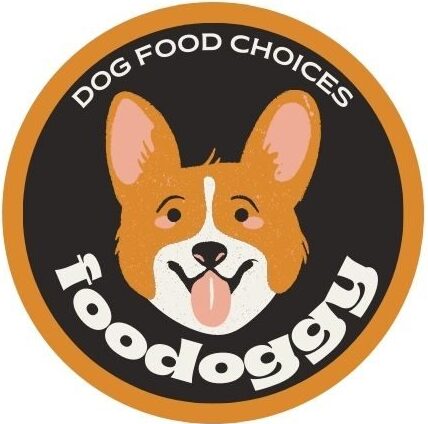Are you a loving dog owner who cherishes every moment shared with your furry friend? If you are, then you know how important it is to be mindful of what your pet consumes. We all love to share a bit of our snacks, perhaps an apple or a piece of bread, with our canine pals. But, have you ever pondered, can dogs eat orange peels? Is it safe for them or does it pose harm to their health?
When it comes to your fur-baby’s health, there is no room for uncertainty. So, before you toss that orange peel in the direction of your eager pet, let’s delve deep into the question. Understanding the potential risks and benefits of feeding your dog orange peels could be a game-changer. One small decision can profoundly affect the quality of life of your beloved pet. So, let’s take a moment to uncover the truth and ensure that your dog gets nothing but the best.

Overview of Orange Peels
Orange peels boast numerous potential health benefits, yet, it’s crucial to understand the harmful effects on dogs. Canines struggle to digest orange peels, leading to health issues. Instead, consider the peels’ alternate uses and provide dogs with safe fruit options. Let’s explore this topic further to grasp why caution is paramount when involving our furry friends with orange peels.
Potential Health Benefits
Moving from the basic knowledge about oranges, let’s delve into the hidden treasure trove of benefits packed within orange peels. Did you know that these often-discarded skins could potentially unlock a multitude of health benefits?
Firstly, orange peels are rich in flavonoids, potent antioxidants that are known to ward off inflammation and bolster the immune system. It’s a powerful defense mechanism against various diseases, and let’s not forget the significant boost to our overall health. What’s more, the peels also contain high levels of dietary fiber. This assists in maintaining a healthy digestive system and could potentially aid in weight loss.
Next, the peels boast an impressive amount of vitamin C, which is essential for skin health and immunity. So, before you discard the peels, remember the wealth of nutrients you are throwing away. It’s high time we start appreciating and incorporating these overlooked gems into our diet for optimal health. Don’t just peel it, feel it!
Read more about pineapple skin and grapes for dogs
Can Dogs Eat Orange Peels?
As pet owners, it’s crucial to understand the potential dangers of orange peels for dogs. They may seem harmless, but their nutritional value is greatly outweighed by the potential harm they can cause. Orange peel toxicity is a real concern, leading to digestive issues from orange peels, which can be severe. In extreme cases, citrus poisoning can occur. Learn the signs of citrus poisoning in dogs and remember, their health should always be our top priority. Keep your furry friends safe – say no to feeding them orange peels.
Dangers of Orange Peels for Dogs
Just as you’ve begun to view orange peels in a new light, let’s turn our attention to our furry friends. Can dogs eat orange peels? The short answer is no, and here’s why: orange peels pose several dangers to dogs that you may not be aware of.
Firstly, Orange peels are difficult for dogs to digest, which can lead to gastrointestinal upset or even obstruction. They are not designed to handle the tough, fibrous nature of the peel. Think about how your dog reacts to a piece of steak compared to a piece of fruit. Their bodies are simply built differently than ours.
Secondly, the high levels of citric acid and essential oils found in orange peels can cause an upset stomach and even lead to citrus poisoning. This is not a risk worth taking.
So, as tempting as it might be to share your snack with your loyal companion, resist the urge. Your dog’s health should always come first.
Orange Peel Treat Alternatives
Orange flesh offers significant health benefits for your dogs, making it a great alternative to risky orange peels. Nutritional dog snacks packed with vitamins from citrus can boost your pet’s health. But remember, puppies require safe treats that are easy on their delicate system. Integrating citrus in dog treats can be beneficial, but it’s essential to do it responsibly and cautiously. Choose the right alternative for your furry friend’s health.
Benefits of Orange Flesh for Dogs
While orange peels may pose risks to our canine companions, it’s essential to highlight the bountiful benefits of orange flesh for dogs. This vibrant fruit’s meat is packed with vital nutrients that can contribute significantly to your dog’s overall health.
First and foremost, oranges are a rich source of vitamin C, which is crucial for:
-
Strengthening the immune system: A strong immune system can help your furry friend combat various diseases.
-
Promoting healthy skin and fur: Vitamin C helps keep your dog’s coat shiny and healthy.
-
Secondly, the fiber content in oranges aids in:
-
Digestive Health: Oranges can help regulate your dog’s digestion, preventing issues like constipation and diarrhea.
-
Weight Management: The fiber satiates your dog’s appetite, preventing overeating and helping maintain a healthy weight.
-
The key is moderation. Incorporating orange flesh into your dog’s diet can offer a nutritious twist on their regular snacks.
Tips for Feeding Your Dog Orange Peels
Feeding your dog orange peels could be beneficial but understanding their nutritional value is imperative. It’s also crucial to determine safe serving sizes. Orange peels are rich in beneficial compounds providing potential health benefits. Yet, there might be possible risks and side effects. Always observe your dog’s reaction to ensure safety. So, let’s delve into the world of orange peels for dogs and make an informed choice.
Understanding the Nutritional Value of Orange Peels for Dogs
Taking the path from alternative treatments to understanding the nutritional value of orange peels for dogs, it is crucial to appreciate that orange peels can be more than just a tasty treat. They are a powerhouse of nutrients that can contribute to your dog’s overall health.
Orange peels are rich in dietary fiber, which can aid in digestion and regulate bowel movements. They also have high levels of vitamin C, a potent antioxidant that can boost your dog’s immune system. Additionally, orange peels contain considerable amounts of flavonoids, which have been shown to have anti-inflammatory and anti-cancer properties.
Understanding these nutritional benefits, you may wonder why you haven’t been feeding your dog orange peels all along. However, it’s not as simple as tossing your dog an orange peel. Like any food, they should be introduced gradually and fed in moderation. A valuable nutritional supplement, but certainly not a replacement for a balanced canine diet. Embrace the power of orange peels, but do so responsibly.
Orange Peels. Risky or Safe?
Feeling the excitement of discovering a new snack option for your furry friend? Hold that thought, and let’s delve into whether or not orange peels are safe or risky for your loyal canine companion.
We’ve been led to believe that every part of an orange, including the peel, is a wonderful source of vitamins and fiber. However, in the world of dogs, things are not always as they seem.
Firstly, orange peels are not easily digestible for dogs. Eating them can lead to gastrointestinal issues like diarrhea and vomiting, which can cause a great deal of discomfort for your beloved pet. Secondly, the strong, concentrated citrus oils and flavors present in orange peels could result in stomach upset or even more serious health issues.
Moreover, oranges are treated with pesticides and other chemicals, which are often found in high amounts on the outer peel. Now, imagine how these harmful substances could affect your dog’s health.
So, is it worth the risk? Weighing these facts, your love for your pet must prevail. The momentary joy of a new flavor is not worth the potential health hazards. So, let’s stick to dog-safe fruits and vegetables!
In conclusion, while it may be tempting to share all aspects of your dietary habits with your faithful friend, it’s vital to remember that not all human food is dog-friendly.
Conclusion
In conclusion, feeding your dog orange peels might not be the best choice. Although they aren’t inherently harmful, they are difficult for dogs to digest and could potentially cause discomfort. Instead, opt for healthier, safer alternatives that your furry friend will surely enjoy.
Remember, their health is your responsibility. Don’t risk it with orange peels. Always ensure that your dog’s diet is balanced, nutritious, and safe. After all, our pets deserve nothing but the best. Make the right choice for them.
